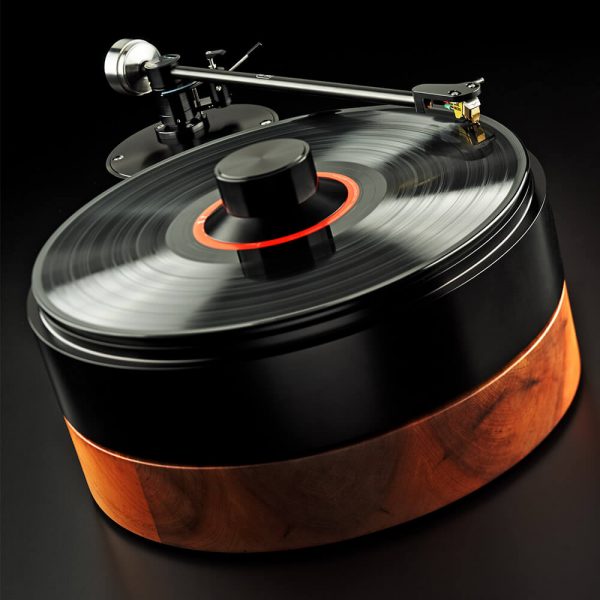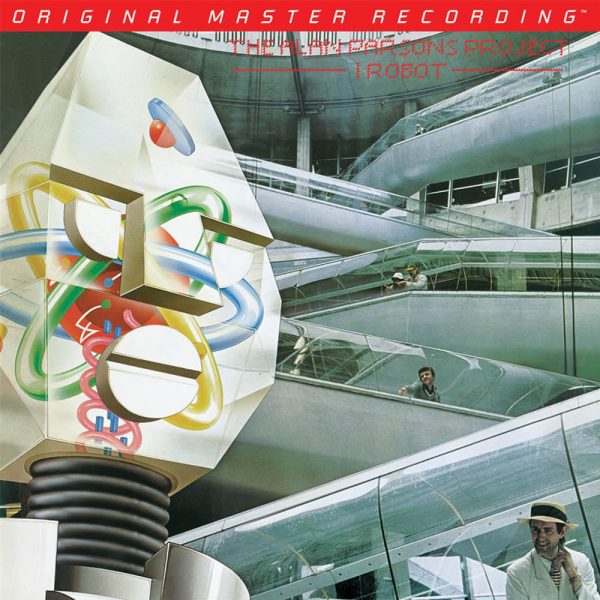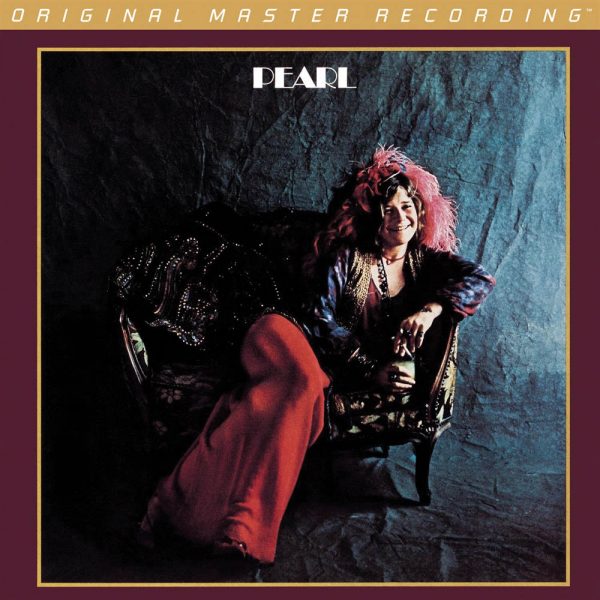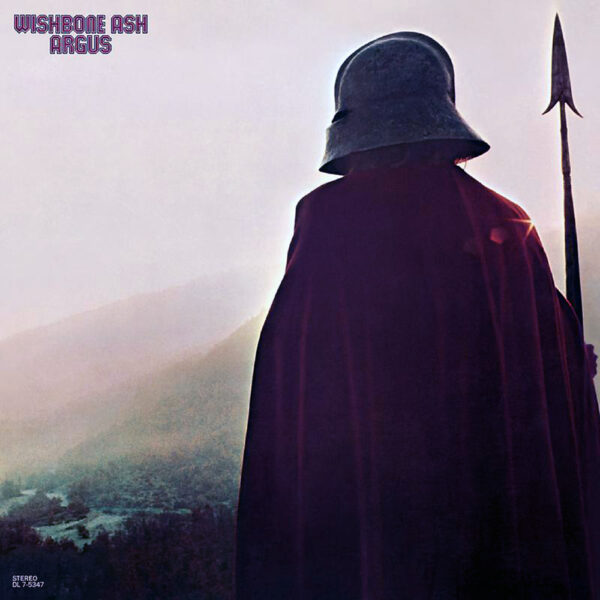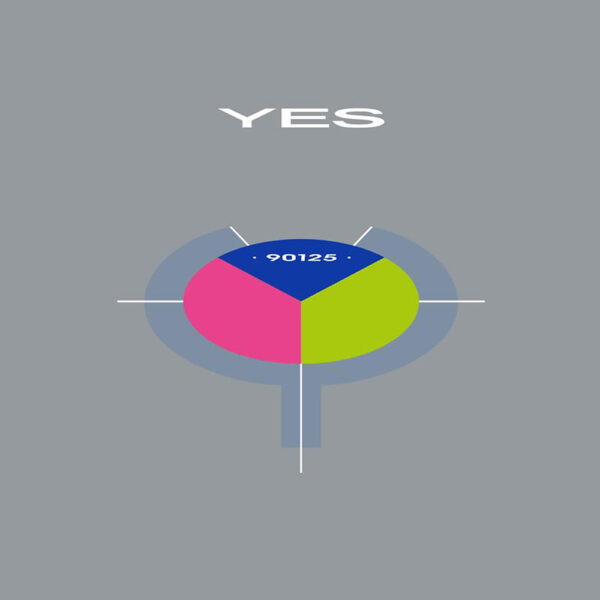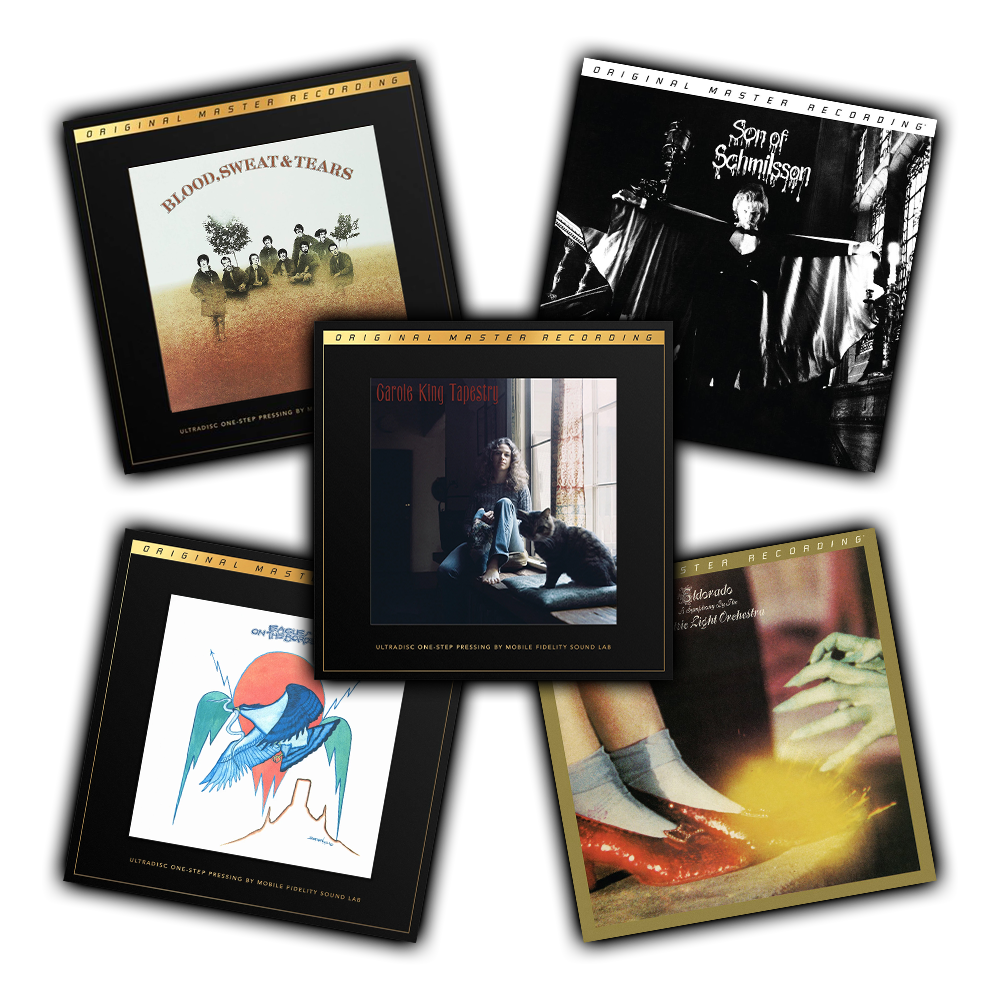Wishbone Ash — Argus
180-gram 45 RPM double LP
Mastered from the original analog master tape by Sean Magee at Abbey Road Studios
Pressed at Quality Record Pressings
Tip-on old style gatefold double pocket jacket by Stoughton Printing
Features the beloved fan favorite “Blowin’ Free,” plus “The King Will Come,” “Time Was,” “Warrior” and more!
Wishbone Ash reigned supreme through the 1970s — centered on inspired musicianship, joyful spirit and inventive songs. Their concerts were uplifting and their recorded work sublime. Argus remains a stunning high point in the band’s startling repertoire.
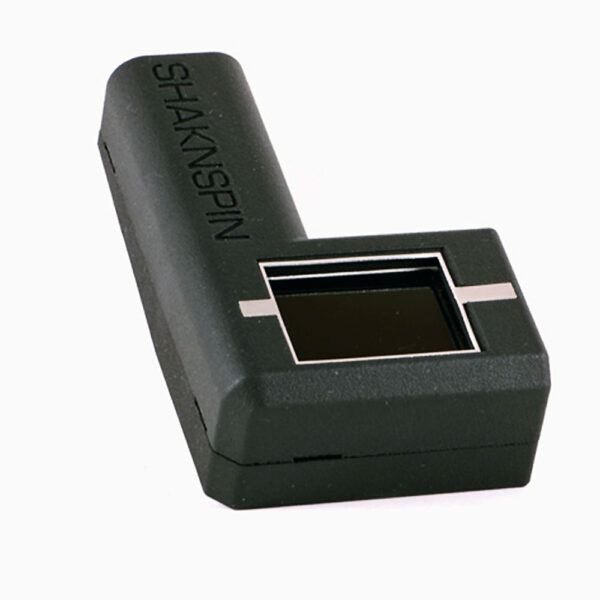 ShaknSpin Turntable Analyser MKII
ShaknSpin Turntable Analyser MKII
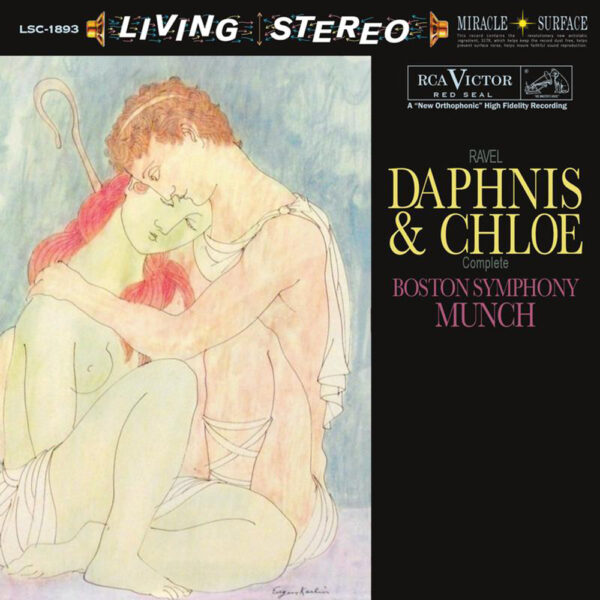 Charles Munch, Boston Symphony Orchestra – Ravel: Daphnis And Chloe ( RCA Living Stereo 45 RPM Series) Analogue Productions 180 Gram 45RPM Double Vinyl LP
£78.00
Charles Munch, Boston Symphony Orchestra – Ravel: Daphnis And Chloe ( RCA Living Stereo 45 RPM Series) Analogue Productions 180 Gram 45RPM Double Vinyl LP
£78.00
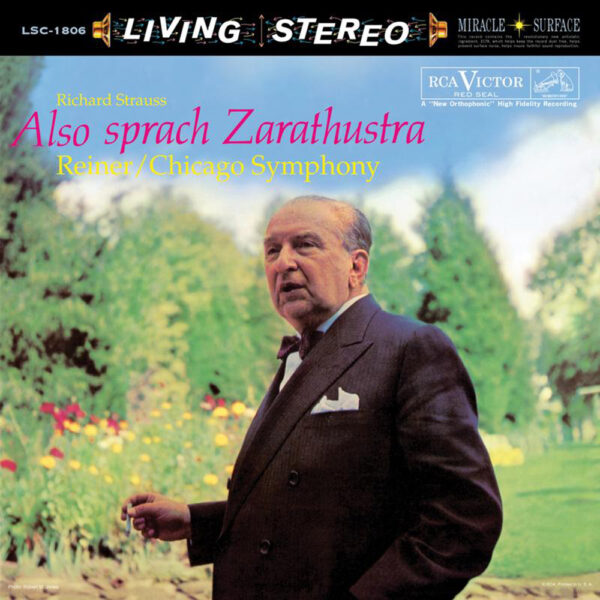 Fritz Reiner – Richard Strauss: Also Sprach Zarathustra ( RCA Living Stereo 45 RPM Series) Analogue Productions 180 Gram 45RPM Double Vinyl LP
£78.00
Fritz Reiner – Richard Strauss: Also Sprach Zarathustra ( RCA Living Stereo 45 RPM Series) Analogue Productions 180 Gram 45RPM Double Vinyl LP
£78.00
 Zeke – Kicked In The Teeth – Coloured Vinyl LP
£30.95
Zeke – Kicked In The Teeth – Coloured Vinyl LP
£30.95

